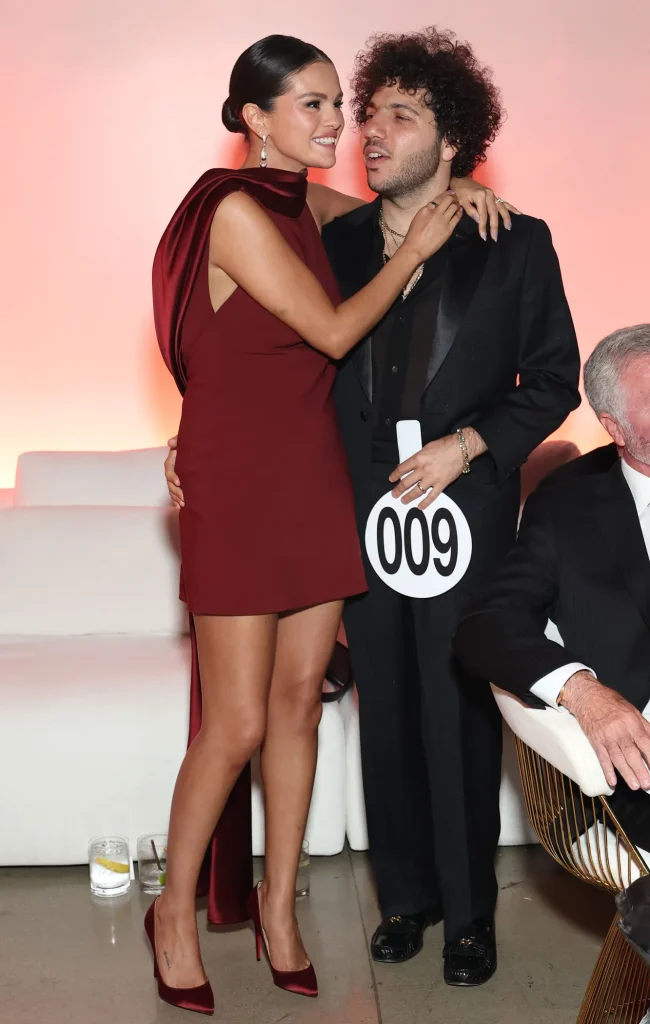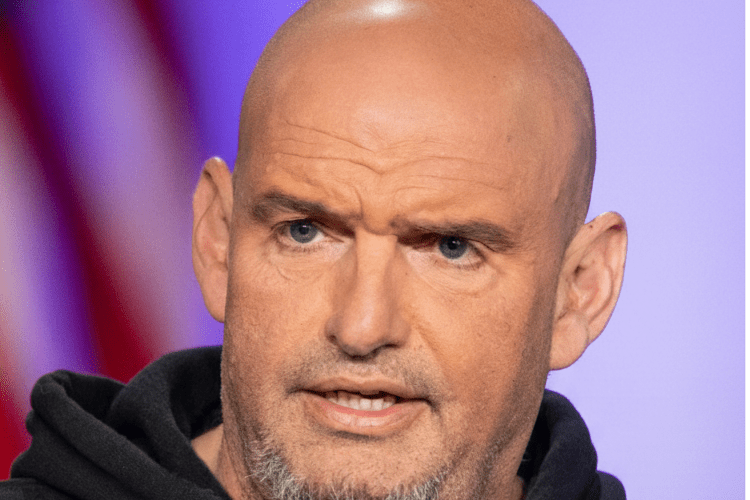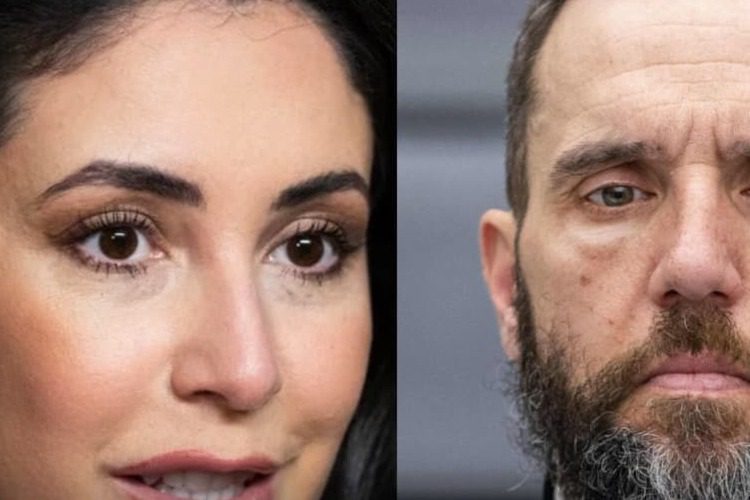Selena Gomez Opens Up in Exclusive Interview on How She Manages the Days When She’s Not Feeling Her Best — And Why She Believes the Answer Isn’t a Secret
In a rare and candid moment, Selena Gomez sat down with People at the Third Annual Rare Impact Fund Benefit in Los Angeles on October 29, and she revealed something quietly profound: the days when she’s not feeling her best aren’t avoided, but navigated. The singer, actress and mental-health advocate described how she leans into those moments rather than fighting them, and in doing so, offers a deeply human glimpse into the way she cares for herself amid a public life.

Gomez, now 33, is no stranger to the long shadows cast by fame and expectation. From her rise as a Disney star, to chart-topping albums, to her executive role in her beauty-brand-turned-cause-driven venture Rare Beauty, she has publicly spoken about living with lupus, navigating the complexities of mental health and pursuing creative freedom on her terms. But in that moment at the fundraiser, the focus wasn’t on the peaks — it was on the everyday valleys.
“Some days you just have to let yourself get it out, and then afterwards, a good laugh,” she told People. It’s a deceptively simple phrase, yet it carries weight for someone accustomed to balanced spotlights and scripted moments. The “days when I don’t feel my best” are ones Gomez says she treats with gentleness: by seeing a trusted friend, talking to her therapist, and seeking the people she knows will help. “I like to maybe just see one friend … and talk to my therapist, and look for people that help in the situation,” Gomez shared.
Behind her polished public appearance — the sleek bob haircut, the glamorous event looks — there lies a broader mission. Gomez founded the Rare Impact Fund with the goal of raising $100 million for youth mental-health initiatives, and at the benefit event she shared that they’re now reaching two million young people a day. Her willingness to admit vulnerability, to allow emotion before laughter, is a cornerstone of that mission.

What emerges from her remarks is a portrait of resilience that doesn’t rely on spectacle. She doesn’t present a cure-all or a polished victory march. “I don’t know the key,” she said. “I just know what works for me.” There’s liberation in that statement — the understanding that life, even for someone who appears larger than it, can still be guided by quiet rituals of care and connection.
Gomez’s approach intersects with what behavioral-health professionals recommend: acknowledging feelings, reaching out, and engaging in active coping rather than suppressing. And the fact that she does this visibly reflects her public role as an advocate for mental-health transparency. Her disclosure doesn’t require perfection—it demands honesty.
During the event, she and her husband, Benny Blanco, whom she married on September 27, stood side by side to support the cause. Their union added another layer to the story she shares: a partner, family, friends and community that matter on the day-to-day. The camera may capture a red-carpet moment, but her words this night captured something much richer: the ongoing journey.
In a world where celebrity vulnerability can be commodified, Gomez’s authenticity stands out. She didn’t sweeten the message, didn’t frame it as a life hack or brand partnership. She told the truth of those days when she trudges rather than soars—and how she responds not with pretense but with simple acts that anchor her.

She acknowledged the unique pressures of her dual life: navigating fame while managing chronic illness, producing music and television projects while maintaining a public image, and fostering a brand that’s equal parts beauty and activism. Yet her focus in the interview wasn’t on the extraordinary; it was on the practical, the daily, the human.
Gomez’s words also emphasize the power of one person. On those difficult days, she said, she often “just sees one friend” rather than attempting a grand self-help overhaul. It’s in that singular connection, that one real person, that she finds solace—and that insight reflects the many stories shared by those managing mental-health experiences worldwide.
That’s not to say her career or her platform don’t matter—they absolutely do. They provide her the means to amplify youth mental-health support through Rare Impact Fund and in turn allow others to see someone they admire being real. But her coping strategy doesn’t rely on that platform. It relies on letting out what she needs to feel, pausing for connection, and then allowing life’s lighter moments to return.
The benefit itself was a testament to the layering of her personal and professional values. Hosted by Jimmy Kimmel and featuring performances, it served as a fundraiser and a community-building event. Yet in the midst of that, Gomez took a moment to speak to People about how she stays afloat when the waves rise. That is the singular reason this interview resonates—because it is situated in the “normalism” of mental-health work, not the grandeur of celebrity.
Her statement stands as a kind of permission slip: yes, you can have a bad day. Yes, you can be undone. And yes, you can still come back to yourself. By saying, “Some days you just have to let yourself get it out,” she grants space for emotions many push away. By adding “then afterwards, a good laugh,” she gives the light-after-darkness.
The broader implications are important. Mental-health discourse often glitters around breakthroughs, recovery arcs and “how I fixed it” narratives. Gomez’s narrative is different — she embraces imperfection as part of the story. Her routine isn’t glamorous: a friend, a therapist, understanding that she’s “just okay for now.” And for many, that is enough.
As fans and observers continue to watch her career, her visuals, her philanthropic work, it is moments like this that hold quiet gravitas. They invade the “celebrity” space with something deeply human: a conversation about feeling and coping and connection. They remind us that fame doesn’t exempt someone from struggle, nor does it necessitate flawless coping. It invites reality—and in Gomez’s case, an invitation to see a star who sometimes just needs to get it out.
In a world full of curated perfection, Gomez’s message is startlingly simple and bold: let the mess happen. Reach for someone. Laugh when you can. And know that feeling “not your best” isn’t an ending—it’s part of the story.



